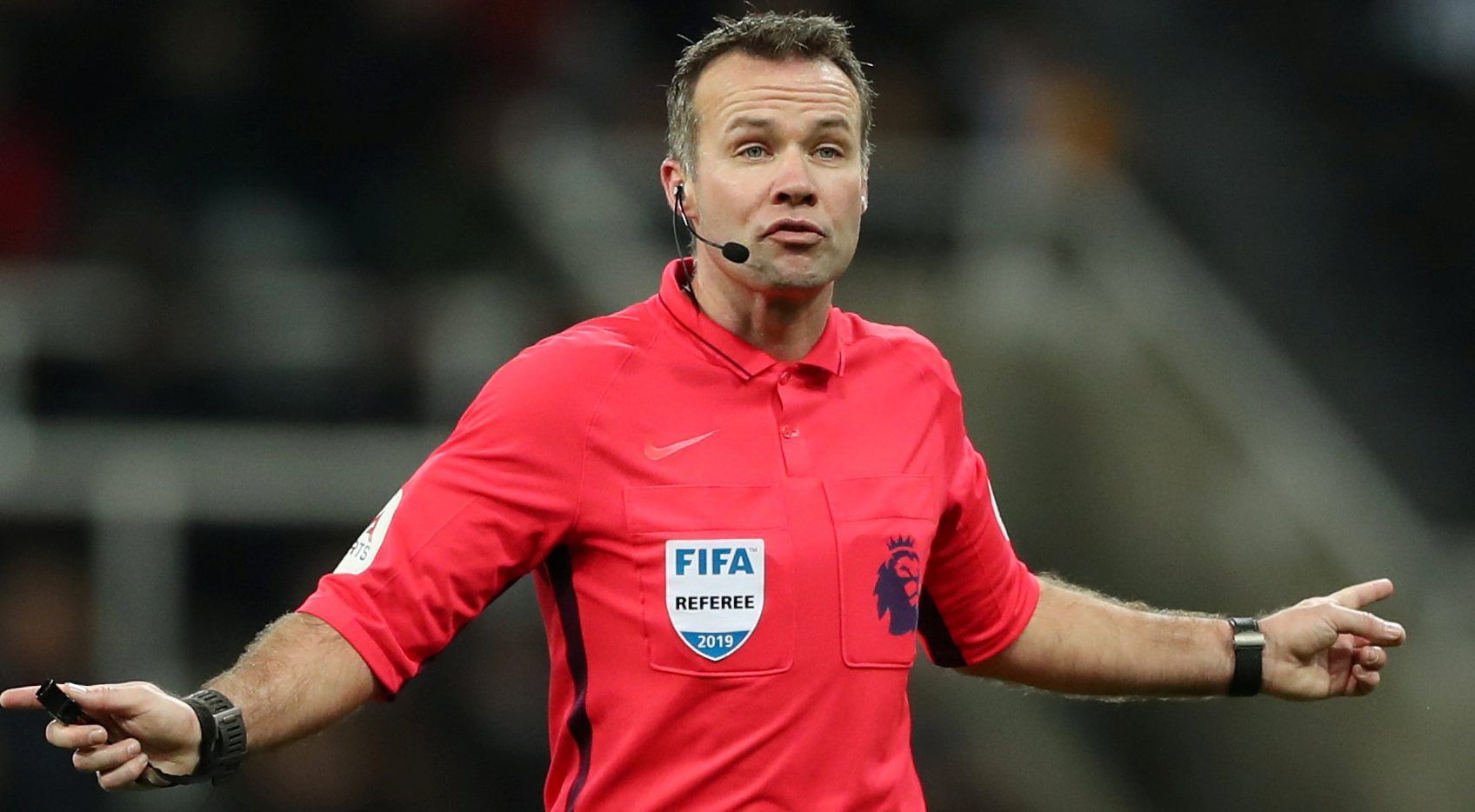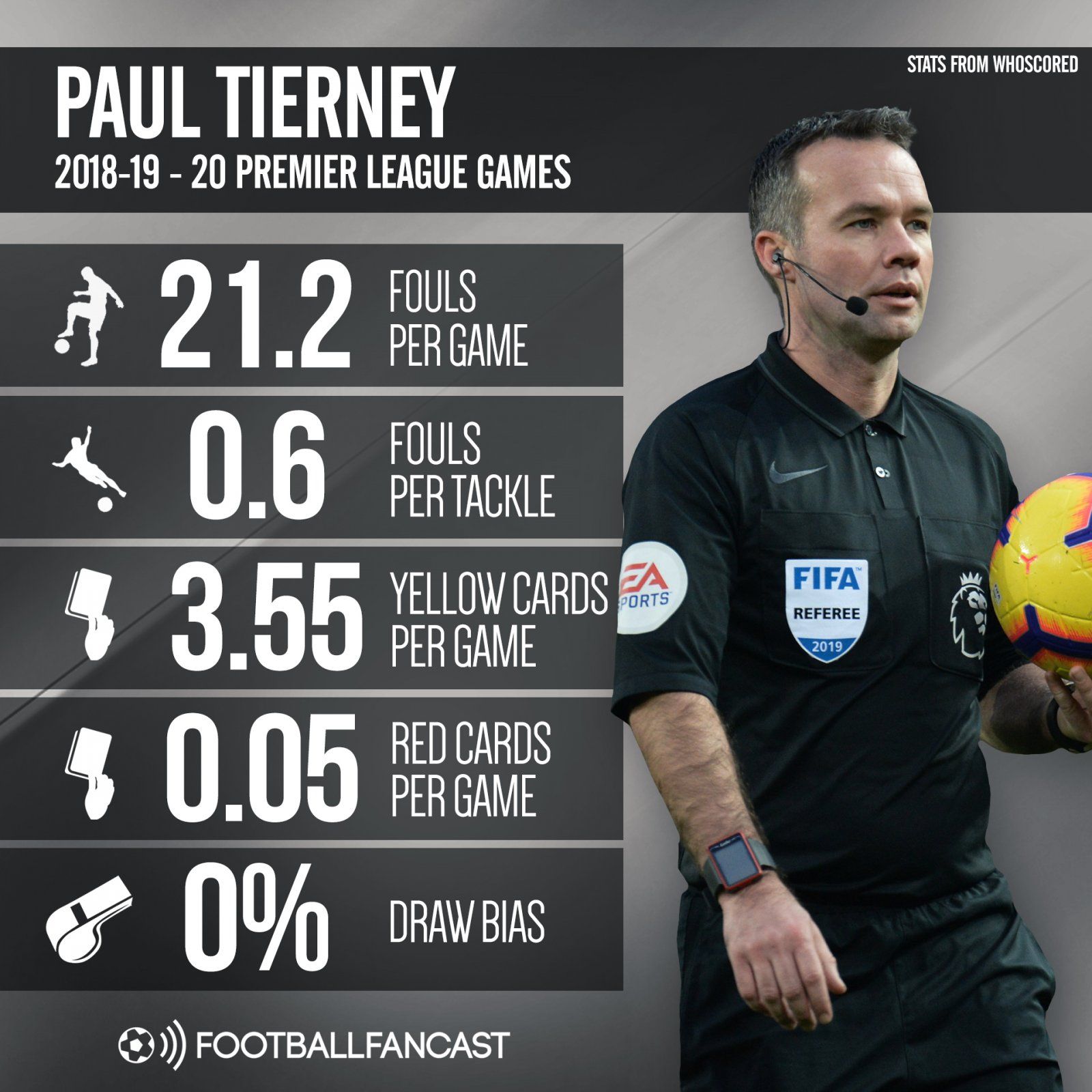[ad_pod ]
Liverpool will look to add another three points on to their tally in the exciting Premier League title race with Manchester City when they face Southampton at St Mary's on Friday night.
The Reds secured a dramatic late win against Tottenham Hotspur at Anfield on Sunday which took them back to the top of the standings, albeit until Wednesday night, and Jurgen Klopp will know that given the calibre of Pep Guardiola and his side they may have to win all of their remaining matches to lift the famous trophy come what May.
A fixture against the Saints certainly won't be an easy one either, considering the south coast outfit are on a two-match winning run and have beaten both Arsenal and Spurs on their own patch since Ralph Hasenhuttl was appointed in December, as well as drawing away at Chelsea.
Paul Tierney, who officiated in Everton's win over West Ham United at the weekend, will be the man in the middle under the floodlights, and while many of his statistics are pretty unremarkable in comparison to his refereeing peers, one certainly sticks out.
The 38-year-old has taken charge of 20 top flight fixtures so far during the 2018/19 campaign, and quite remarkably not a single one of those has ended in a draw, as per WhoScored stats.
In fact, there is a 40% home win 60% away win bias from those games, and if history repeats itself once again it suggests that the spoils won't be shared.
The hosts certainly still need to get points on the board in their battle to beat the drop and are likely to want to go and get three to move a step closer to survival, and as aforementioned the Merseyside visitors are in a similar boat but for very different reasons.
In a strange spell of fate, Tierney was also the referee when the two teams met at Anfield back in September, with the game ending in a 3-0 win for Klopp's men, while he sent off Saints skipper Pierre-Emile Hojbjerg for a poor tackle against Manchester City back in December.
In will certainly be interesting to see what the outcome is, but if the stats are right we can already rule one of the possible three of those out.


